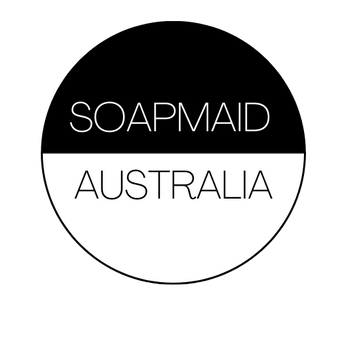Empowering Artisans and Makers
Your Trusted Source for Premium Cosmetic & Soap Making Ingredients
Empowering Artisans and Makers Your Trusted Source for Premium Cosmetic & Soap Making Ingredients Empowering Artisans and Makers Your Trusted Source for Premium Cosmetic & Soap Making Ingredients Empowering Artisans and Makers Your Trusted Source for Premium Cosmetic & Soap Making Ingredients Empowering Artisans and Makers Your Trusted Source for Premium Cosmetic & Soap Making Ingredients Empowering Artisans and Makers Your Trusted Source for Premium Cosmetic & Soap Making Ingredients Empowering Artisans and Makers Your Trusted Source for Premium Cosmetic & Soap Making Ingredients Empowering Artisans and Makers Your Trusted Source for Premium Cosmetic & Soap Making Ingredients Empowering Artisans and Makers Your Trusted Source for Premium Cosmetic & Soap Making Ingredients Empowering Artisans and Makers Your Trusted Source for Premium Cosmetic & Soap Making Ingredients Empowering Artisans and Makers Your Trusted Source for Premium Cosmetic & Soap Making Ingredients Empowering Artisans and Makers Your Trusted Source for Premium Cosmetic & Soap Making Ingredients Empowering Artisans and Makers Your Trusted Source for Premium Cosmetic & Soap Making Ingredients Empowering Artisans and Makers Your Trusted Source for Premium Cosmetic & Soap Making Ingredients Empowering Artisans and Makers Your Trusted Source for Premium Cosmetic & Soap Making Ingredients
Search
Close search

